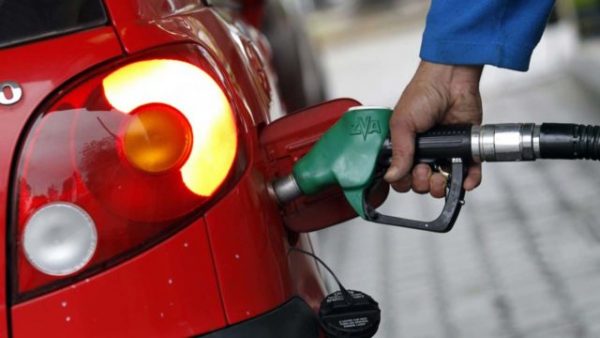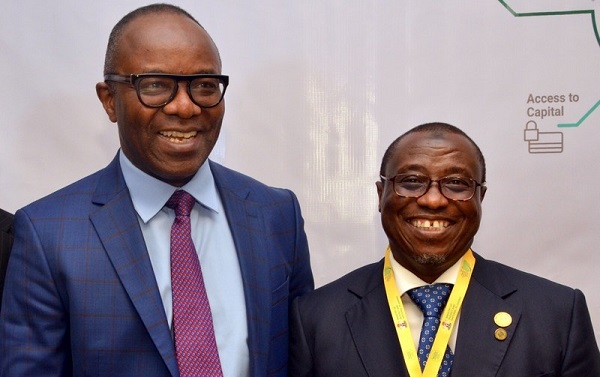‘Fuel subsidy fund would find better use in developing infrastructure’
 The Director of Research and Advocacy, at the Lagos Chamber of Commerce and Industry (LCCI), Vincent Nwani, has said that the fuel subsidy regime of the Federal Government has remained a rent and a drain on the nation’s economy.
The Director of Research and Advocacy, at the Lagos Chamber of Commerce and Industry (LCCI), Vincent Nwani, has said that the fuel subsidy regime of the Federal Government has remained a rent and a drain on the nation’s economy.
He stated that the continuous funding of fuel subsidy over capital projects would continue to leave a huge hole in the nation’s purse, due to the issues of transparency around it, the discouragement of the private sector participation in the oil and gas sector and the huge sums being spent to maintain the subsidy programme.
Speaking to newsmen at a debate, organized by The Liberal Forum (TLF) which is also known as the Peter Bauer Foundation, recently in Lagos, Nwani, stressed the need for government to eradicate the subsidy on fuel, stating that it only benefits the rich and leaves the poor in abject poverty.
According to him, the Nigerian government spent about N1.3 trillion in 2018 on subsidising the cost of fuel, which is well over 50 per cent of the monies allocated to capital projects, while the less privileged children of the poor are out of school.
He said: “About $100 billion that should have come into the country as direct investment is discouraged because the Petroleum Industry Bill (PIB) is not available.
“We need to put the monies in rail, in electricity, in road and in social infrastructure such as good schools and hospitals with the right facilities. 70 per cent of the doctors trained in Nigeria move to other countries because of these issues and our people are dying,” he added.
He lauded the organizers of the event for setting up the debate, noting that the programme was very vital as it is one of the ways through which players in the industry would identify sharp minds from schools and be able to harness their potentials now at an early stage and develop them.
In his remarks, the Secretary, TLF, Dr. Abimbola Agboluaje, said that the elimination of the fuel subsidy is a question that the country should no longer be asking.
He argued that the nation shouldn’t be spending over one trillion naira on fuel subsidy, while it spends only N700 billion on health and education combined.
He said: “Nigeria has the greatest number of people in extreme poverty in the world and over 12 million children that are out of school. What is the justification in helping the rich to ride cars through fuel subsidy, when students are not in school and are begging on the streets?
“It is unfortunate that in this electoral cycle, we are not focusing adequately on policy issues and that is what TLF exists to do. The best we can do is to question politicians on their agenda and pin them to specific policies.
The debate, Reinvesting Nigeria’s Fuel Subsidy: Pro-poor Growth versus Social Protection Programmes, which was between the University of Lagos (Unilag) and University of Ilorin Chapters of the Nigerian Economics Students Association (NESA), was won by Unilag.
NESA Unilag, represented by Padonu Lois and Ibrahim Lasisi maintained that the subsidy fund would find better use if it was invested in developing infrastructure across the country.
Lasisi, who won the best speaker at the event linked investment in infrastructure to poverty eradication and prevention of accidents on the country’s roads.
Advancing their points on the other hand, NESA Unilorin, represented by Adefowope Iyabo Rahmat and Iortsor Ternenge Nicholas held that social transfers to the poorest members of the population would stimulate the economy in a very positive direction.
“Malawi invested on social transfers to rural women practicing agriculture and reaped about 58% growth,” Rahmat said.
Social transfer also positively influences happiness index of a country,” Iortsor added.







